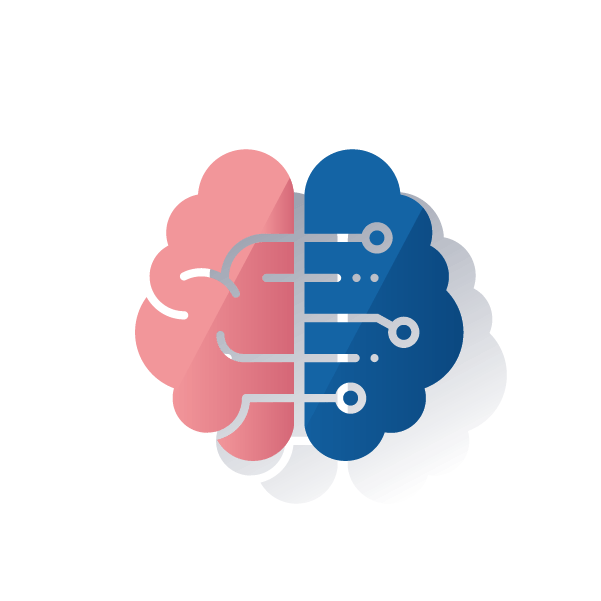Industries that use artificial intelligence to identify patterns

The combined use of artificial intelligence and big data has opened the doors to identifying patterns in a large data set. This ability has been applied to industries of various branches, thus improving data analysis for a more optimal result.
The use of artificial intelligence has touched almost every industry, product, or process in daily life today. On a micro level, we talk about the home and the use of voice assistants, but on a macro level, this technology is used in almost every industry today.

Artificial intelligence: what is and how we face it
We speak of “Artificial Intelligence” (AI) when we refer to those machines or devices that are equipped with an intelligence similar to that of human beings. This term was used for the first time by the computer expert John McCarthy in 1956 and, despite the earliness of the announcement and the time that has passed, it is still not very common to find in our current environment.
Artificial intelligence and its use in industries
Among some of the industries that have taken advantage of this emerging technology is the health industry, whose use allows, among other things, to identify disease patterns around the world. This information provides the ability to take action more quickly and, thanks to the vast information that can be obtained, with better results.
In the case of e-commerce industries, artificial intelligence and big data are combined to offer the user products based on their interests, in addition to providing information related to the audience that can improve the sales levels of each platform or store.
The finance industry has also adopted this emerging technology as a way of predicting the performance of companies in the financial market, thus giving better recommendations to their clients regarding investments with the greatest possibility of profitability.
Other industries that can be highlighted are, for example, the streaming industries that use artificial intelligence to improve the user experience with personalized recommendations, which seeks to provide better customer service.
Artificial intelligence and global warming
This emerging technology may be particularly beneficial in the fight against global warming. Its identification of patterns is important to minimize the impact that daily activities may have on the planet in the long term, as well as to detect certain signals that can alert communities regarding the possible consequences of climatic events in record time.
An emerging technology with endless applications
Artificial intelligence continues to add applications to its long list, thus being included in other industries as a tool to improve results.
With an estimated growth of 33.2% between 2020 and 2027, this industry has become one of the largest.
From the world of finance to the health industries, this emerging technology is, without a doubt, an invaluable resource for society and it will continue to evolve over the years, thus allowing new applications to be discovered.
Its demand continues to grow and that is why it has become one of the most requested topics among investors looking for modern industries with a promising future.
Related news
-

5 artificial intelligence companies to invest in
Investing in artificial intelligence is a smart decision since technological advances in this area are being applied to different industries, thus achieving better results. How to invest in artificial intelligence? Here we leave you 5 options.
-

Data: Cornerstone of our digital present
Because when we talk about the present, we refer to the immediate future, to what is already happening, to what is inevitable and to what undoubtedly will decide the fate of any business that wants to tackle a customer-oriented digital transformation.

















